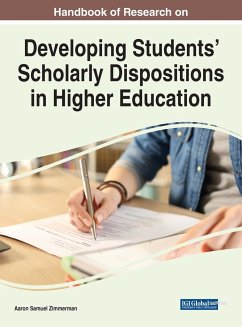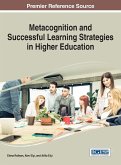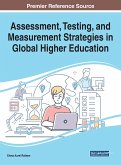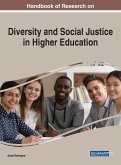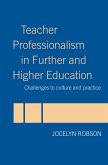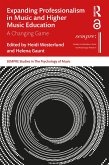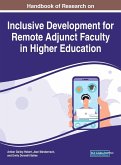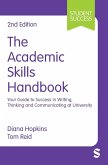Scholarly dispositions represent the practices and habits of mind that support consistent success in teaching, learning, and knowledge creation. To be successful in their undergraduate and graduate education, students must develop academic skills that transcend content knowledge, such as receiving and responding to critical feedback and learning how to collaborate, master academic writing, and be mindful of ethical research practices. Much is still unknown about how to teach dispositions, such as how to design a curriculum to best cultivate habits of mind, and this book attempts to address this gap while providing practical methods and strategies that can help higher education practitioners to cultivate and assess the scholarly dispositions of their students effectively. The Handbook of Research on Developing Students' Scholarly Dispositions in Higher Education provides insight on dispositions that students must learn in higher education and how higher education faculty can help students to develop these dispositions, as well as evidence-based methods that help develop scholarly dispositions for undergraduate and graduate education. This book provides a plethora of information on scholarly dispositions and related elements, including teaching time management, collaboration, and research ethics. It is an ideal reference source for teachers, academicians, administrators, researchers, and students aspiring to become researchers and scholars themselves.

